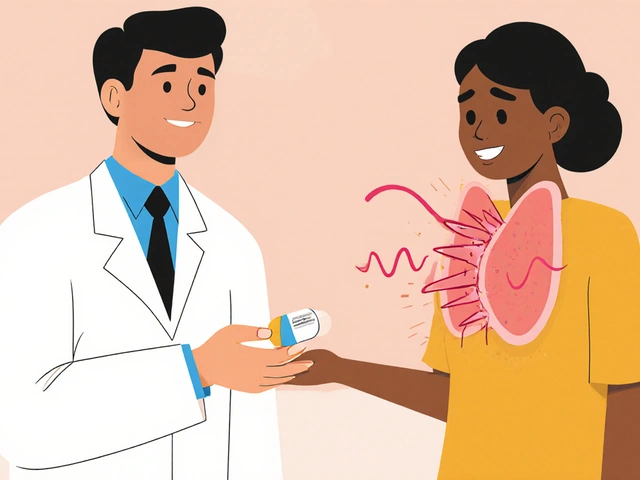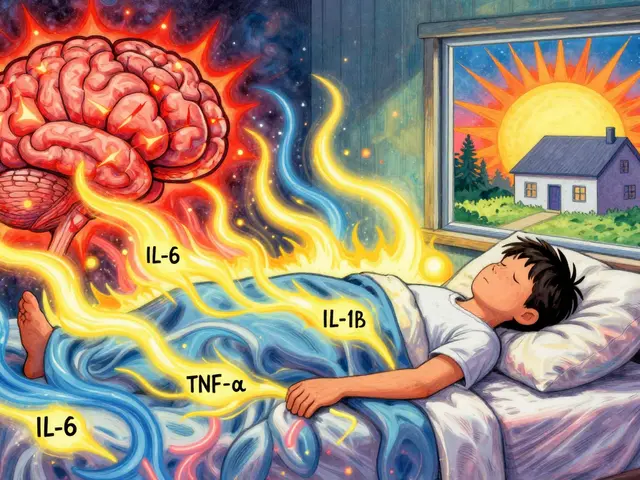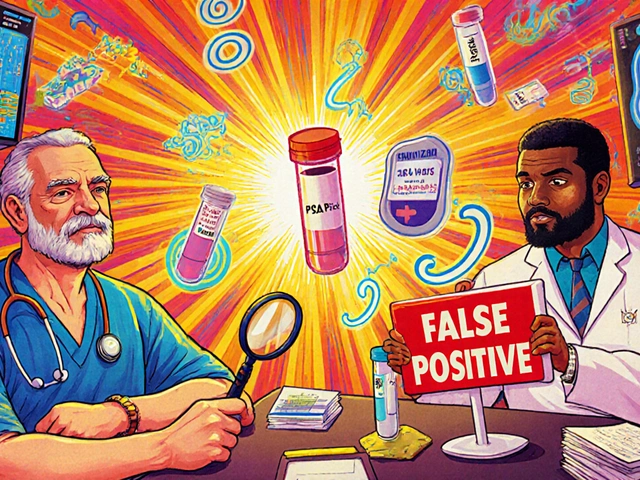Allergy Medication Comparison: Find the Right Relief for Your Symptoms
When your nose won’t stop running, your eyes itch, or you feel like you’re breathing through a clogged straw, allergy medication, a category of drugs designed to block or reduce the body’s reaction to allergens like pollen, dust, or pet dander. Also known as antihistamines, these are the first line of defense for millions of people dealing with seasonal or year-round allergies. But not all allergy meds are the same. Some make you sleepy. Others dry out your mouth. Some work fast but don’t last. Others take days to kick in but keep you steady. Choosing the right one isn’t about brand names—it’s about matching the drug to your body and your life.
There are three main types you’ll see on shelves and in prescriptions: antihistamines, drugs that block histamine, the chemical your body releases during an allergic reaction. Also known as oral allergy pills, they include common names like loratadine, cetirizine, and fexofenadine. Then there’s nasal steroids, sprays that reduce swelling in your nasal passages over time. Also known as corticosteroid nasal sprays, they include fluticasone, mometasone, and budesonide. And finally, decongestants, short-term fixes that shrink swollen blood vessels to open up your nose. Also known as nasal decongestants, they’re found in pseudoephedrine and oxymetazoline. Each has trade-offs. Antihistamines are safe for daily use but might not touch congestion. Nasal steroids are powerful but need consistent use. Decongestants give quick relief but can backfire if used too long.
You don’t need to guess which one works. People with sneezing and itchy eyes often do best with antihistamines. Those with constant nasal blockage usually need steroids. If you’re dealing with sudden congestion before a meeting or a flight, a decongestant might help—but don’t make it your daily habit. And if you’re on other meds, like blood pressure pills or antidepressants, some allergy drugs can interact. That’s why real comparisons matter—not just which one’s cheapest, but which one actually fits your body, schedule, and symptoms.
Below, you’ll find real comparisons of allergy treatments—what works, what doesn’t, and why. No marketing fluff. Just straight talk on how different meds stack up, what side effects to watch for, and how to avoid common mistakes. Whether you’re tired of drowsy pills, frustrated with sprays that don’t work, or just trying to cut costs, you’ll find the info you need to make a smarter choice.
Claritin (Loratadine) vs Other Allergy Pills: Effectiveness, Side Effects & Cost
A side‑by‑side comparison of Claritin (loratadine) with Zyrtec, Allegra, Benadryl and natural options, covering how they work, onset, sedation, cost and best use cases.






